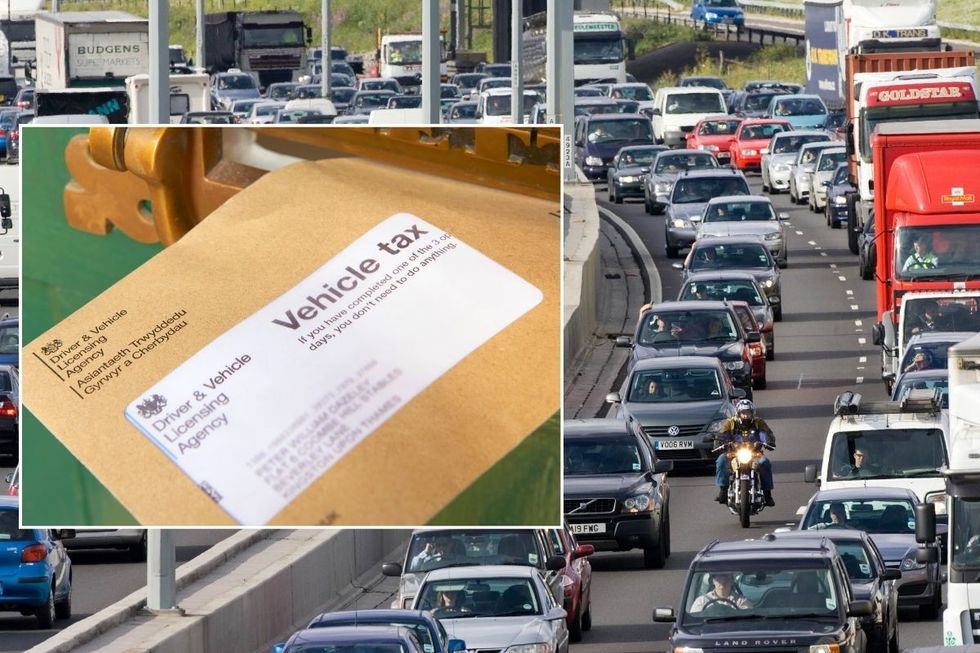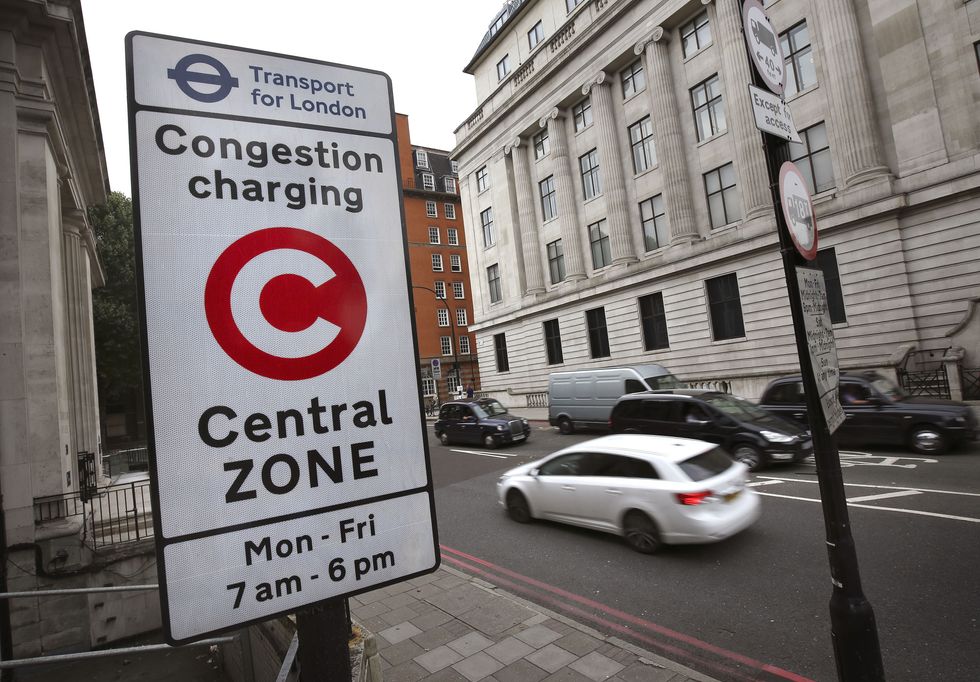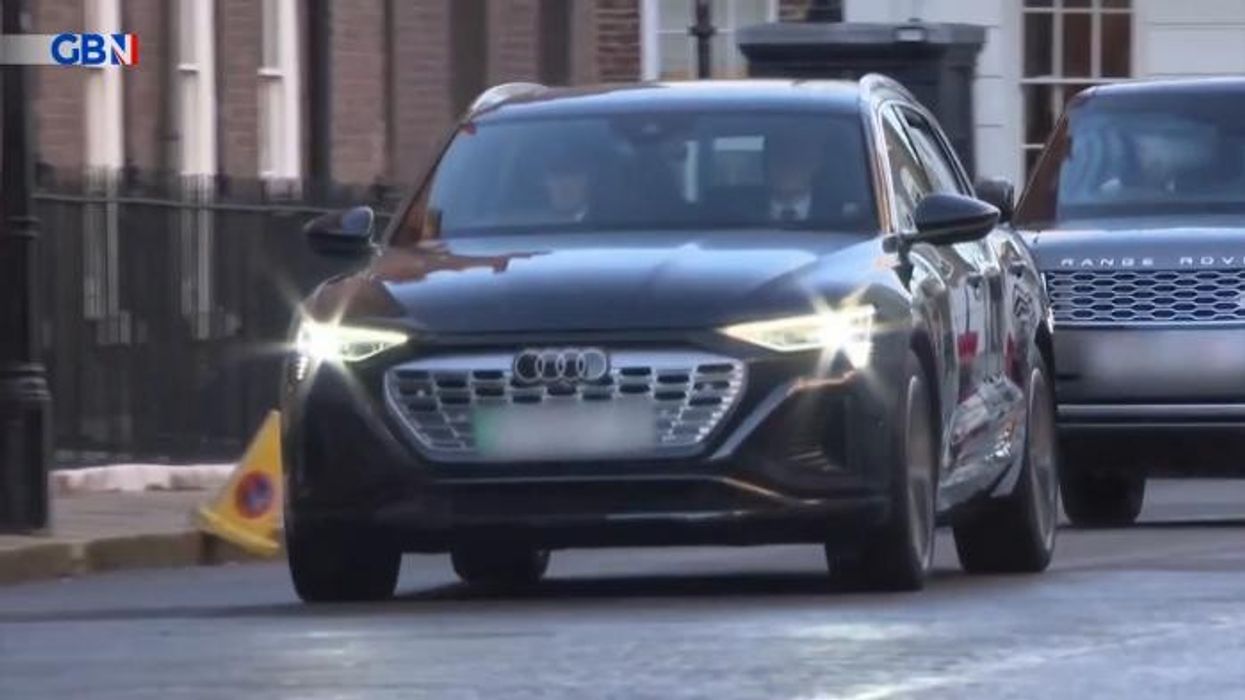Motorists could be pushed off roads by environmental taxes and Rachel Reeves charges coming in next year

Drivers should be aware of all costs associated with UK roads on top of car tax changes
Don't Miss
Most Read
Drivers have been warned they could be hit with hefty driving costs next year as environmental taxes on top of the recently announced Vehicle Excise Duty (VED) changes by Chancellor Rachel Reeves risk making driving unaffordable.
From April 2025, Reeves introduced new VED rates which will see significant increases in car taxes, with some vehicles facing doubled charges under the new structure.
But according to the RAC, the environmental tax burdens will see driving costs rapidly increase beyond the VED rates as other punishing measures continue to charge petrol and diesel owners.
Environmental taxes, also known as green or eco taxes, are levies imposed on products and services that could impact the environment.
Do you have a story you'd like to share? Get in touch by emailing motoring@gbnews.uk

Rachel Reeves announced car tax hikes during the Autumn Budget
| GETTYThese taxes serve various purposes, one of them being a revenue generator for local and national Governments while encouraging drivers to adopt more environmentally-friendly practices.
In the motoring sector, these taxes are key tools for the Government to achieve sustainability goals and tackle climate change.
But under the car tax changes announced in the Autumn Budget zero-emission vehicles will have to pay the lowest first-year rate at £10. hybrid vehicle owners will see rates jump to £110, and conventional petrol and diesel vehicles face even steeper increases.
Vehicle Emission Tax, commonly known as road tax, varies based on vehicle emissions and remains a core environmental levy. But other levies include fuel duty which has been frozen at 5p for another year.
For company cars, the tax regime maintains incentives for electric vehicles, with rates set to increase by just two percentage points annually in 2028-29 and 2029-30.
The measures support the Government's planned phase-out of new petrol and diesel-only cars by 2030. From 2035, all new cars and vans sold in the UK must have zero emission. In order to meet these targets the UK will need to have at least 22 per cent of new car sales electric by this year.
The extensive charging infrastructure investment aims to remove practical barriers to electric vehicle adoption, complementing the tax incentives.
The UK's approach to environmental vehicle taxation also aligns with widespread practices across Europe, the RAC detailed.
According to the European Automobile Manufacturers Association, numerous European nations have already implemented similar environmental taxes affecting drivers.
In Austria, Belgium, Bulgaria, Croatia, and Cyprus, they are among the countries with established green taxation systems.
Other major economies including France, Germany, Italy, and the Netherlands also maintain environmental vehicle taxes.
Meanwhile, Nordic countries such as Denmark, Finland, and Sweden have implemented their own versions of eco-taxation for motorists.
LATEST DEVELOPMENTS:
- Labour-run council to raise parking charges by 60% for first time in a decade - 'Essential'
- Family electric cars to suffer worst tax bill in years after Rachel Reeves hikes - ‘Penalises family drivers’
- Motorists could see new Highway Code rules introduced for countryside roads amid high collision rates
 London's Congestion Charge was first introduced in 2003 | PA
London's Congestion Charge was first introduced in 2003 | PAElsewhere in Eastern European nations including the Czech Republic, Hungary, Romania, and Slovakia, they have all joined this continent-wide approach.











